Articulated Actuation Towards Human Capabilities for Robots
IROS 2019 workshop
November 4th (full day)
Room L1-R6
IROS 2019, Macau, China
Abstract
The great strides made in both the design and control of robotic systems over the last two decades have lead to the development of robotics actuators capable of executing fine force/impedance regulation while often exhibiting better efficiency than skeletal muscles. Yet as a whole, robotic platforms are still vastly outperformed by their biological counterparts which are able to drive their joints in a synergistic manner.
The complex musculoskeletal system found in many animals is comprised of a combination of rigid and soft structures that together show an embodied intelligence, that allows for compound behaviours such as walking to come out with simple control signals. At the same time, more complicated tasks are accomplished by control based on well-tuned internal dynamics models. Compared to traditional robots, developing such musculoskeletal systems will require new bio-inspired design paradigms and novel soft materials and structures. Understanding and implementing the passive and active actuation synergy of animal/human musculoskeletal systems in robotic platforms and exploiting intrinsic dynamics is therefore essential to achieve behaviour that reaches levels of efficiency and power/velocity beyond those achievable by the individual components. This in turn leads to capabilities that are unattainable by current robots.
This workshop will explore what is needed to progress the state-of-the-art to reach the capabilities seen in biological systems, by considering how design and control can be integrated. Firstly, it will study what can be learned from the biomechanical properties of prime examples from the animal kingdom. Secondly, it will ask the question how systems that exhibit desirable dynamics can be synthesised, and what those dynamics are for the capabilities that we want the robots to exhibit. Lastly, it will explore how such designed dynamics can be harnessed and exploited in control to obtain synergetic behaviour that displays capabilities matching or outperforming those of biological systems.
We invite extended abstract contributions (see below).
Topics of Interest
- Biomechanics of animal locomotion and their basic principles
- Bio-inspired musculoskeletal systems comprised of soft and compliant structures
- Efficient novel compliant actuation topologies with large energy storage capacity
- Parallelism in actuation and multi-articulated actuation
- Design optimisation of compliant actuation topologies
- Switchable springs and variable recruitment actuation
- Variable stiffness and damping actuation
- Efficient actuation and motion control
- Excitation control of intrinsic resonance modes
- Synergetic control of intrinsic dynamics
- Model-based optimization techniques for complex systems to achieve natural motions
Programme
This is a full-day workshop:
| Session | Time | Speaker | Title |
|---|---|---|---|
| Welcome | 09:00–09:15 | Organisers | Workshop introduction |
| Biomechanics | 09:15–09:45 | Amy LaViers | Understanding Human-like Movement Through the Lens of Expressivity, Complexity, and Information |
| 09:45–10:15 | Nitin Sharma | Muscle-Synergy Inspired Controllers for Walking with a Hybrid Exoskeleton | |
| 10:15–10:45 | Alexander Spröwitz | Utilizing robotic models of animal legs for biomechanical and neurocontrol research | |
| Coffee break | 10:45–11:00 | ||
| Design 1 | 11:00–11:30 | Wesley Roozing | An Efficient Leg with Series–Parallel and Biarticular Compliant Actuation: The eLeg |
| 11:30–12:00 | Yuki Asano | Development of human mimetic musculoskeletal humanoids inspired from human structures and mechanisms | |
| Lightning talks | 12:00–12:25 | Junior researchers | - |
| Lunch | 12:25–13:45 | ||
| Design 2 | 13:45–14:15 | Ryuma Niiyama | Musculoskeletal Robots for Sports Skills |
| 14:15–14:45 | Ryuki Sato | Design and Control of Legged Robots Using Bio-inspired mechanism | |
| 14:45–15:15 | Tom Verstraten | How redundancy can improve actuation capabilities | |
| Coffee break | 15:15–15:30 | ||
| Control | 15:30–16:00 | Sehoon Oh | Series Elastic Actuator + Biarticular Actuation = Jumping by Natural Dynamics |
| 16:00–16:30 | Alin Albu-Schaeffer | Nonlinear Elastic Resonance Modes for Efficient Locomotion: From Biology to Robots and Back | |
| 16:30–17:00 | Joohyung Kim | Towards Natural Motion Generator | |
| Panel discussion, Concluding remarks | 17:00–18:00 | Organisers, all | - |
Invited Speakers
Alexander Spröwitz
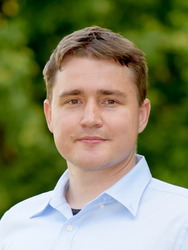
Max Planck Institute, Germany
Talk title: “Translation of biomechanical gait models into actuator and control concepts”
Alin Albu-Schaeffer

DLR, Germany
Talk title: “Nonlinear Elastic Resonance Modes for Efficient Locomotion: From Biology to Robots and Back“
Amy LaViers

University of Illinois at Urbana-Champaign, USA
Talk title: “Understanding Human-like Movement Through the Lens of Expressivity, Complexity, and Information”
Joohyung Kim

Disney Research, USA
Talk title: “Towards Natural Motion Generator”
Nitin Sharma
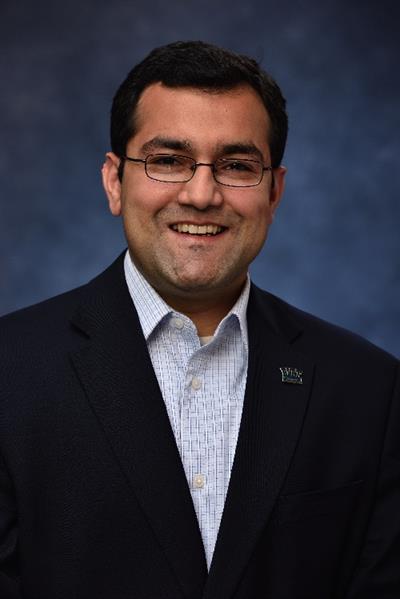
University of Pittsburgh, USA
Talk title: “Muscle-Synergy Inspired Controllers for Walking with a Hybrid Exoskeleton”
Ryuma Niiyama

University of Tokyo, Japan
Talk title: “Musculoskeletal Robots for Sports Skills”
Ryuki Sato
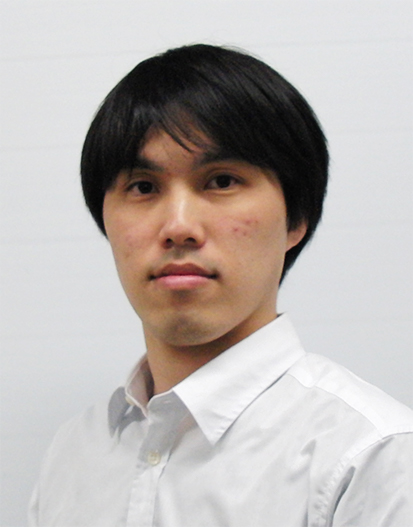
University of Electro-Communication, Tokyo, Japan
Talk title: “Design and Control of Legged Robots Using Bio-inspired mechanism”
Sehoon Oh

DGIST, South Korea
Talk title: “Series Elastic Actuator + Biarticular Actuation = Jumping by Natural Dynamics”
Yuki Asano
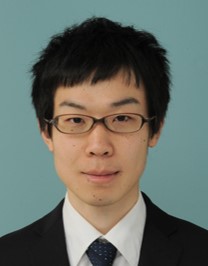
University of Tokyo, Japan
Talk title: “Development of human mimetic musculoskeletal humanoids inspired from human structures and mechanisms”
Organisers
Main Organizer
Wesley Roozing
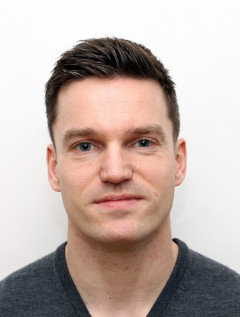
Robotics and Mechatronics, Faculty of Electrical Engineering, Mathematics and Computer Science, University of Twente, Drienerlolaan 5, 7500AE Enschede, The Netherlands
Co-organizers
Navvab Kashiri
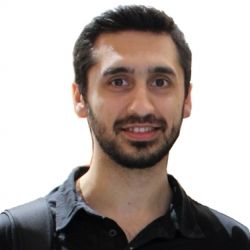
Department of Advanced Robotics, Instituto Italiano di Tecnologia, Via Morego 30 16163, Genova, Italy
Tom Verstraten
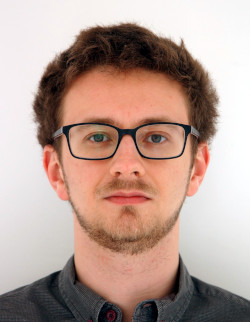
BruBotics, Universiteit Brussel, Pleinlaan, 2, B-1050 Brussels, Belgium
Bram Vanderborght
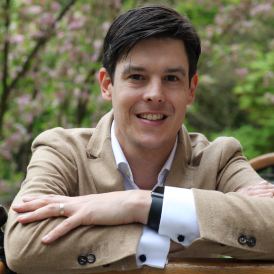
BruBotics, Universiteit Brussel, Pleinlaan, 2, B-1050 Brussels, Belgium
Nikos Tsagarakis

Department of Advanced Robotics, Instituto Italiano di Tecnologia, Via Morego 30 16163, Genova, Italy
Stefano Stramigioli
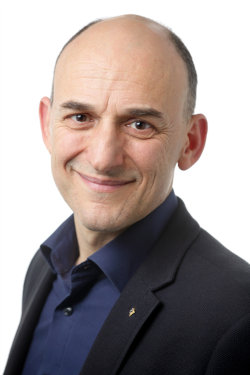
Robotics and Mechatronics, Faculty of Electrical Engineering, Mathematics and Computer Science, University of Twente, Drienerlolaan 5, 7500AE Enschede, The Netherlands
Call for Posters
We invite extended abstracts (2 pages max) following the IEEE RAS paper template. An optional accompanying video is suggested and can also be provided as a weblink (e.g., youtube).
Contributions must be sent as PDF to w.roozing «at» utwente.nl
Accepted contributions will be allocated a slot in the lightning talks session, followed by a poster presentation.
Important Dates
Submissions are now closed.
Technical Committees
This workshop has been endorsed by the following IEEE Robotics and Automation Society Technical Committees:
